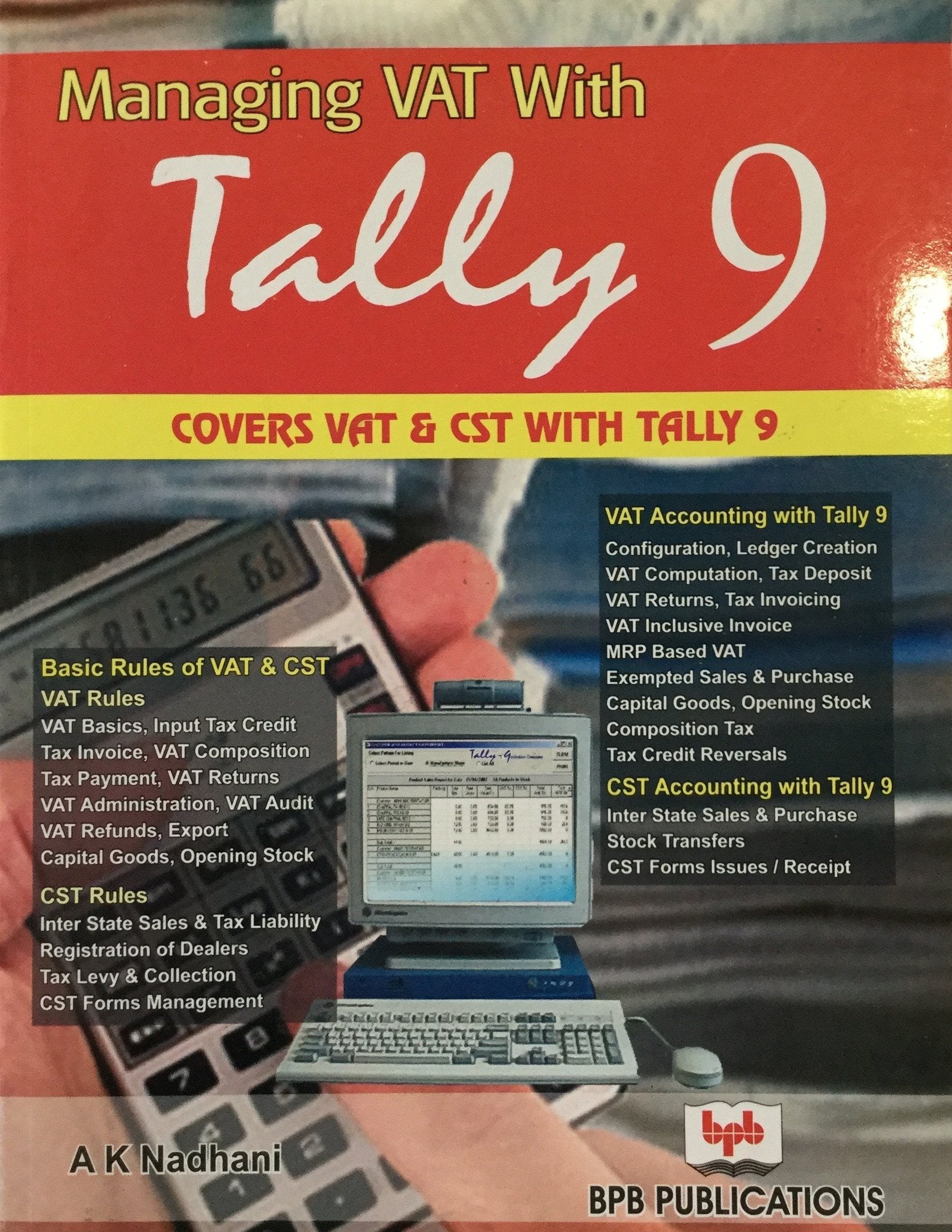
Managing VAT with Tally 9
FREE PREVIEW
ISBN: 9788183332392
Authors: A K Nadhani
Rights: Worldwide
Publishing Date: October 2007
Pages: 278
Weight:
Dimension: 24 X 18 X 1.5 cm
Authors: A K Nadhani
Rights: Worldwide
Publishing Date: October 2007
Pages: 278
Weight:
Dimension: 24 X 18 X 1.5 cm
Book Type: Paperback
Looking for an eBook ? Click here
Looking for an eBook ? Click here
DESCRIPTION
TABLE OF CONTENTS
ABOUT THE AUTHORS
Choose options

Managing VAT with Tally 9
Sale priceRs. 360.00

